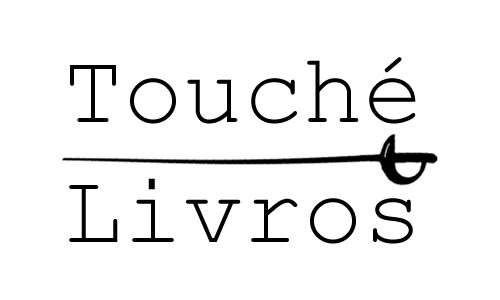

Título: Da Roda Ao Auditório
Autor: unknown author
Sinopse: The Urban Samba, Which Is A Collective Creation Born In The Midst Spaces Of Black Sociability Into The Communities Of Rio De Janeiro At The Turn Of The 19th Century To The 20th Century, Practiced In The Poor Backyards And Obliviously Apart From The Modern Concepts Of Originality And Authorship, Became Suitable For The Then-rising Entertainment Industry (characterized By The Heyday Of The Revue, The Consolidation Of The Music Industry, The Emergence Of Radio And The Advent Of Cinema). In This Process Of Continuous Traffic, Samba And Its Rhythmic Pulse -- Heirs Of Large African Diaspora Cultural Ancestries, Transmitted By Oral Tradition -- Were The Object Of Successive Incorporations And Elaborations. Sanitized And Metamorphosed Into An Object Of The Media Consumption, Elevated To The Status Of Musical Symbol By The Nationalist Project Of The Estado Novo, Samba Answered This Double, And Harassment, Developing Strategies Of A Symbolic Negotiation, Absorbing New Thematic Of Models Of Expression And Textual And Sonic Possibilities. Backed Up In The Concept Of Circularity Of Mikhail Bakhtin And, Particularly, In Paul Zumthor's Reflections On The Effects Of Media Coverage Of Oral Culture, This Research Seeks To Investigate, Based On The Collection Of The Radio Nacional, Today In The Custody Of The Museu Da Imagem E Do Som Do Rio De Janeiro (mis-rj), The Historical Role That The Programming Of The Station Played In The Phenomenon Samba's Resignification, Once Cursed And Peripheral Musical Gender Turned Into National Hegemonic Rhythm. Lira Neto. Originally Presented As The Author's Thesis (master's)--pontifícia Universidade Católica De São Paulo, 2018. Includes Bibliographical References (pages 121-127).
Editora: Educ :
Páginas:
Ano:
Edição:
Linguagem: pt
ISBN: 8584920919
ISBN13: 9788584920914
Informações do autor não encontradas.







